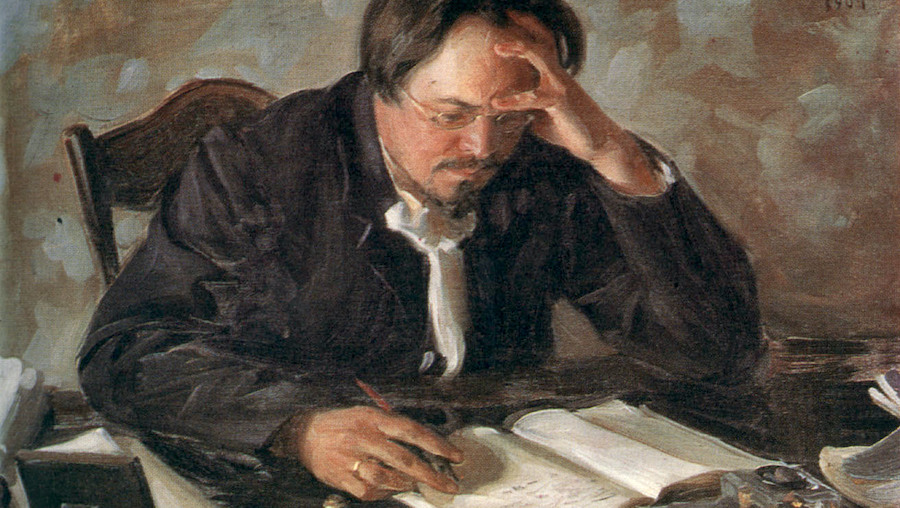A professional writer is someone who writes for a living. This can include writing for magazines, newspapers, or other publications; writing books; writing scripts for television, movies, or stage performances; or writing technical or business documents.
Professional writers typically have a college degree in English or journalism, although there are many successful professional writers who do not have a degree. They also typically have experience writing for different types of audiences and in different styles.
Professional writers must be able to write well and be able to meet deadlines. They must also be able to work independently, as most writers are self-employed. They must be able to understand complex concepts and be able to communicate them in a clear and concise manner.
Professional writers may work with a writing coach or editor to help them improve their writing skills. They may also attend writing workshops and conferences to learn about new trends and techniques in the writing industry.
What defines a professional writer?
There is no one-size-fits-all answer to this question, as the definition of a professional writer can vary depending on individual circumstances. However, in general, a professional writer is someone who earns their living from writing.
This can include full-time freelance writers, journalists, copywriters, and editors, as well as people who work in publishing or marketing. Professional writers often have a degree in English or journalism, and they may have several years of experience writing for a living.
Professional writers can be hired to write articles, create copy for websites or advertising campaigns, or work on books or other publications. They may also be called upon to edit or proofread content.
Working as a professional writer can be a challenging but rewarding career. It takes a lot of hard work and dedication to break into the industry, but those who make it can enjoy a lifelong career of writing and storytelling.
What is the difference between a writer and a professional writer?
There is a big difference between a writer and a professional writer. A writer is someone who writes, but a professional writer is someone who makes a living writing.
A writer may write for personal enjoyment, to express themselves, or to share their ideas with the world. They may write for magazines, newspapers, or on the internet. They may write books, plays, or poetry. They may write for school, work, or to make money.
A professional writer is someone who makes a living from writing. They may write for magazines, newspapers, or the internet. They may write books, plays, or poetry. They may write for school, work, or to make money. They may also write for advertising, marketing, or to promote a product or service.
What are examples of professional writing?
Professional writing is a form of writing that is used in a professional setting. This type of writing can be used for a variety of purposes, such as proposals, reports, letters, and emails.
One of the most important things to remember when writing professionally is to be clear and concise. You want to make sure that your message is easy to understand, and that your readers will be able to quickly get the information they need.
In addition, it is important to be polite and respectful when writing professionally. Remember that you are addressing someone who may be in a position of authority, so it is important to be respectful and use proper grammar and spelling.
Finally, when writing professionally, it is important to be organized and to stay on topic. Make sure that your ideas are clearly laid out and that you are not rambling on about irrelevant topics.
Some common examples of professional writing include:
-Proposals
-Reports
-Letters
-Emails
-Blog Posts
How does one become a professional writer?
There is no one specific way to become a professional writer.
However, there are a few things that will help you on your way.
Firstly, it is important to have a love for writing and storytelling. If you don’t enjoy writing, it will be difficult to stick with it through the ups and downs of being a professional writer.
Secondly, it is helpful to have a strong command of the English language. grammar, spelling, and punctuation.
Thirdly, it is important to read a lot. This will help you develop your own writing style and also give you ideas for your own stories.
Fourthly, it is helpful to have writing experience. This can be through writing for school assignments, writing for publications, or writing your own blog.
Lastly, it is important to be persistent and have a thick skin. As a professional writer, you will face rejections, but you need to keep going if you want to succeed.
When can you call yourself a professional writer?
It’s a question that has been asked by many an aspiring writer: When can you call yourself a professional writer?
There is no definitive answer, of course, as the term professional writer is relative. But there are a few things to consider when trying to answer this question for yourself.
First, what does the term professional writer mean to you? There are many different ways to make a living as a writer. You might consider yourself a professional writer if you write for a living, whether it’s writing grant proposals, copywriting, or writing articles and books.
Or maybe you consider yourself a professional writer if you’ve been published in a major publication or have won awards for your writing. Whatever your definition of a professional writer, it’s important to have a clear understanding of what that means to you and what you want to achieve.
Then, you need to set some concrete goals and put a plan in place to achieve them. Do you want to publish a certain number of books or articles? Do you want to become a staff writer for a publication?
Whatever your goals, make sure they are realistic and achievable. And don’t forget to celebrate your accomplishments along the way – after all, writing is a journey, not a destination.
So, when can you call yourself a professional writer? The answer is different for everyone, but if you have a clear idea of what that means to you and you have set concrete goals and put a plan in place to achieve them, then you’re well on your way.



